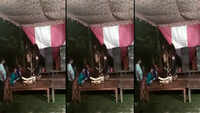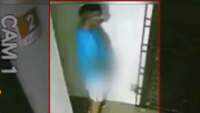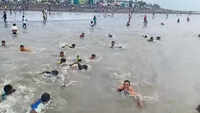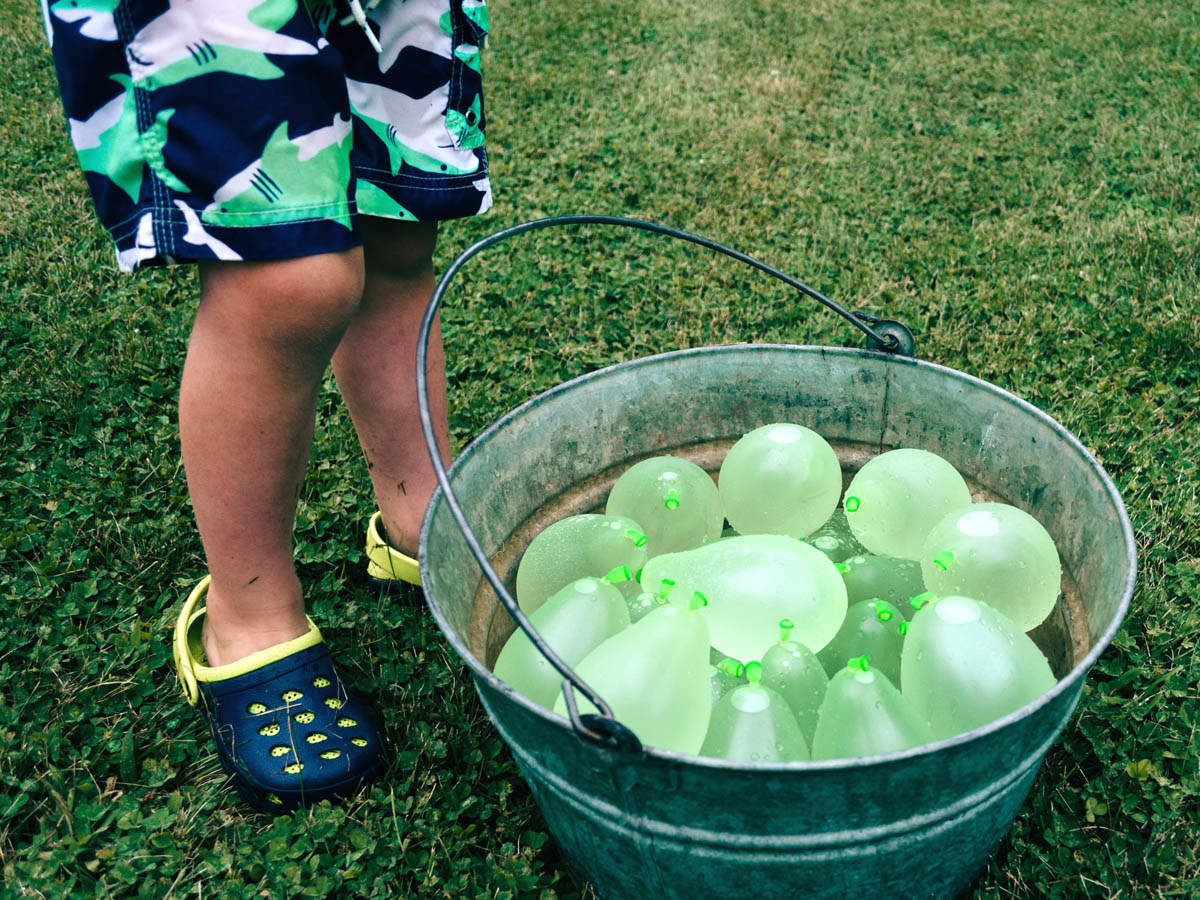
Art has always been therapeutic. But its healing qualities are being rediscovered as lockdowns of varying severity leave many disoriented, disheartened and despairing, leading to a surge in cases of anxiety and depression.
Priyanka Rathi, a young photographer, was coping with the emotional stress of a breakup with her live-in partner when the lockdown came into effect. She moved back in with her family in Noida but the deep uncertainties that came with the pandemic accentuated her anxieties.
Priyanka put her trust in virtual therapy; her counsellor suggested she take up a passive hobby. In assisting her nephew with daily assignments, Priyanka discovered a love of origami, the Japanese art of paper folding. While that may not have helped with her erratic sleep patterns, her room is now a splash of colour, vibrant paper turtles and hummingbirds adorning the walls, sharing space with lotuses hanging from the window.
This has been a year that has taken away old comforts, leaving uncertainty, even despondency, in its wake. Isolation and social distancing, the only way to negotiate the pandemic, have also triggered stress and anxiety in many, affecting work and relationships. It is here that the restorative quality of the arts manifests itself. Art therapy is being used as an essential tool for intervention, both by qualified practitioners as well as artistes.
“Music therapy, specifically in these trying times, can provide emotional grounding and calm. It can also help build a healthy sense of inter-personal connect even though we are required to exercise physical distancing in our daily and work lives,” explains Shreeti Pradhan, a clinical music therapist working in the areas of mental health rehabilitation in women and children, and emotional well-being in adults and the elderly. Pradhan, who divides her time between Delhi and Kathmandu, has been in Nepal since the lockdown.
In April, journalist and entrepreneur Pritisha Borthakur and advertising professional Rishi Paullah came up with ArtfulPeace Cumulative, a digital campaign that blended art and professional counselling. More than 80 musicians, poets, storytellers, healers, lifestyle coaches and doctors have come on board for this cause. “We’re so glad that people are coming forward to extend their support. And the best part is that they are opening up, including the artistes – how some of them have gone through the phase, how they are trying to overcome their fear and anxiety,” shared Paullah. “This is what we wanted, to break the stigma.”
Borthakur knows what it’s like to be in a dark place, having battled depression for the best part of four years, much of it alone. She is presently undergoing therapy and is on medication. It’s something poignantly close to her heart. “There is no shame in admitting how one is feeling and what one is going through. It is about time people accepted that depression is real and not just mere sadness,” stresses Borthakur.
Thus far, Delhi-based multi-genre band Jazba-e-Junoon, folk singer Kalpana Patowary, violinist Sandeep Thakur, tabalchi Sabir Hussain and Sufi rockers Zikrr have embraced the initiative, as have educators and entrepreneurs.
For 19-year-old Pampa, shifting from Jaipur to her hometown in Assam was not easy. Her college education and degree now hang by a thread and she is under pressure to get married. To keep her spirits up, Pampa turned to online dance sessions hosted by a Gurgaon-based NGO. Dr Anubhooti Bhatnagar – founder and creative director, Neofusion Creative Foundation – has been encouraging young minds to nurture their passion for performing arts, without letting the lockdown handicap their talents.
“Teenagers have a lot of energy and that has to be channelised in the correct manner. With the lockdown, those pent-up energies made them agitated and sometimes violent. When they attend our online classes, the activities help consume those energies and they get channelled in a creative direction,” says Bhatnagar.
At the Gurgaon-based Danza Performing Arts, Swati Mohan has been conducting virtual dance tutorials since March. “There is always a discussion, a reflection at the end of the class about what each of us has discovered. Most of them tell me how eagerly they wait for these sessions, because there is so much frustration inside,” Mohan says.
“One of my participants, who is suffering from a mental-health disorder, told me the other day how much lighter and positive she feels after each session. She is sleeping better. These feedbacks are heartening to hear.”
The relationship between the arts and mental health is well established in the field of art therapy. But, while art cannot heal serious mental-health disorders, a deep engagement with it can lead to self-discovery. Besides, drawing, sketching or doodling do not require artistic ability, only a creative bent of mind.
When Karishma Ahuja conducted an art therapy session on Zoom recently, she was surprised by the number of people who signed up for it. Ahuja, an image consultant and founder of skill-development outfit Imedge, organised a seven-day virtual programme on emotional intelligence and mindfulness through art.
“The idea behind the session was to introduce art as a tool for mindfulness, and a coping mechanism to explore your own personality. I was elated to see so many people take out their painting tools with childlike enthusiasm,” she says. “Although mentally, the pandemic has affected us negatively, we encourage our participants to be grateful through our unique activity, ‘the gratitude puzzle’ – it not only reminds them of the beautiful things around them but also promotes how art can help them express their emotions,” Ahuja adds.
According to Mohan, it’s all about looking for the light in dark times. “The principle I follow is of finding opportunity in adversity. When you begin to work on yourself, that is when the deep healing happens,” she says.
Priyanka Rathi, a young photographer, was coping with the emotional stress of a breakup with her live-in partner when the lockdown came into effect. She moved back in with her family in Noida but the deep uncertainties that came with the pandemic accentuated her anxieties.
Priyanka put her trust in virtual therapy; her counsellor suggested she take up a passive hobby. In assisting her nephew with daily assignments, Priyanka discovered a love of origami, the Japanese art of paper folding. While that may not have helped with her erratic sleep patterns, her room is now a splash of colour, vibrant paper turtles and hummingbirds adorning the walls, sharing space with lotuses hanging from the window.
This has been a year that has taken away old comforts, leaving uncertainty, even despondency, in its wake. Isolation and social distancing, the only way to negotiate the pandemic, have also triggered stress and anxiety in many, affecting work and relationships. It is here that the restorative quality of the arts manifests itself. Art therapy is being used as an essential tool for intervention, both by qualified practitioners as well as artistes.
“Music therapy, specifically in these trying times, can provide emotional grounding and calm. It can also help build a healthy sense of inter-personal connect even though we are required to exercise physical distancing in our daily and work lives,” explains Shreeti Pradhan, a clinical music therapist working in the areas of mental health rehabilitation in women and children, and emotional well-being in adults and the elderly. Pradhan, who divides her time between Delhi and Kathmandu, has been in Nepal since the lockdown.
In April, journalist and entrepreneur Pritisha Borthakur and advertising professional Rishi Paullah came up with ArtfulPeace Cumulative, a digital campaign that blended art and professional counselling. More than 80 musicians, poets, storytellers, healers, lifestyle coaches and doctors have come on board for this cause. “We’re so glad that people are coming forward to extend their support. And the best part is that they are opening up, including the artistes – how some of them have gone through the phase, how they are trying to overcome their fear and anxiety,” shared Paullah. “This is what we wanted, to break the stigma.”
Borthakur knows what it’s like to be in a dark place, having battled depression for the best part of four years, much of it alone. She is presently undergoing therapy and is on medication. It’s something poignantly close to her heart. “There is no shame in admitting how one is feeling and what one is going through. It is about time people accepted that depression is real and not just mere sadness,” stresses Borthakur.
Thus far, Delhi-based multi-genre band Jazba-e-Junoon, folk singer Kalpana Patowary, violinist Sandeep Thakur, tabalchi Sabir Hussain and Sufi rockers Zikrr have embraced the initiative, as have educators and entrepreneurs.
For 19-year-old Pampa, shifting from Jaipur to her hometown in Assam was not easy. Her college education and degree now hang by a thread and she is under pressure to get married. To keep her spirits up, Pampa turned to online dance sessions hosted by a Gurgaon-based NGO. Dr Anubhooti Bhatnagar – founder and creative director, Neofusion Creative Foundation – has been encouraging young minds to nurture their passion for performing arts, without letting the lockdown handicap their talents.
“Teenagers have a lot of energy and that has to be channelised in the correct manner. With the lockdown, those pent-up energies made them agitated and sometimes violent. When they attend our online classes, the activities help consume those energies and they get channelled in a creative direction,” says Bhatnagar.
At the Gurgaon-based Danza Performing Arts, Swati Mohan has been conducting virtual dance tutorials since March. “There is always a discussion, a reflection at the end of the class about what each of us has discovered. Most of them tell me how eagerly they wait for these sessions, because there is so much frustration inside,” Mohan says.
“One of my participants, who is suffering from a mental-health disorder, told me the other day how much lighter and positive she feels after each session. She is sleeping better. These feedbacks are heartening to hear.”
The relationship between the arts and mental health is well established in the field of art therapy. But, while art cannot heal serious mental-health disorders, a deep engagement with it can lead to self-discovery. Besides, drawing, sketching or doodling do not require artistic ability, only a creative bent of mind.
When Karishma Ahuja conducted an art therapy session on Zoom recently, she was surprised by the number of people who signed up for it. Ahuja, an image consultant and founder of skill-development outfit Imedge, organised a seven-day virtual programme on emotional intelligence and mindfulness through art.
“The idea behind the session was to introduce art as a tool for mindfulness, and a coping mechanism to explore your own personality. I was elated to see so many people take out their painting tools with childlike enthusiasm,” she says. “Although mentally, the pandemic has affected us negatively, we encourage our participants to be grateful through our unique activity, ‘the gratitude puzzle’ – it not only reminds them of the beautiful things around them but also promotes how art can help them express their emotions,” Ahuja adds.
According to Mohan, it’s all about looking for the light in dark times. “The principle I follow is of finding opportunity in adversity. When you begin to work on yourself, that is when the deep healing happens,” she says.
Quick Links
Kerala Coronavirus Helpline NumberHaryana Coronavirus Helpline NumberUP Coronavirus Helpline NumberBareilly NewsBhopal NewsCoronavirus in DelhiCoronavirus in HyderabadCoronavirus in IndiaCoronavirus symptomsCoronavirusRajasthan Coronavirus Helpline NumberAditya ThackerayShiv SenaFire in MumbaiAP Coronavirus Helpline NumberArvind KejriwalJammu Kashmir Coronavirus Helpline NumberSrinagar encounter
Get the app








